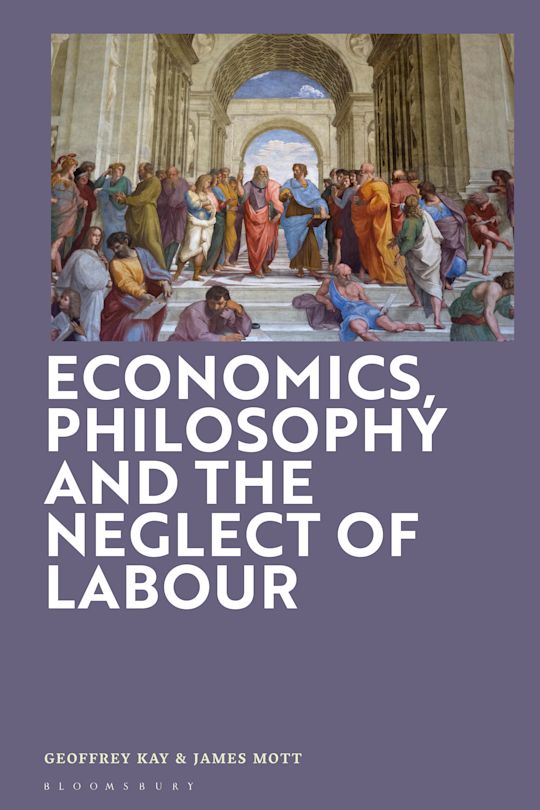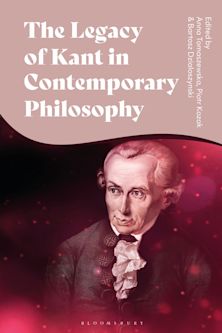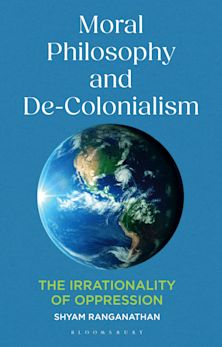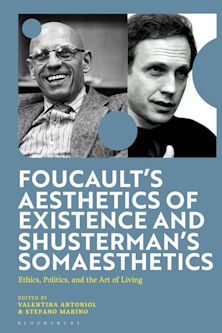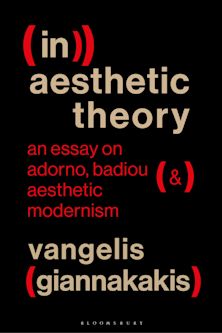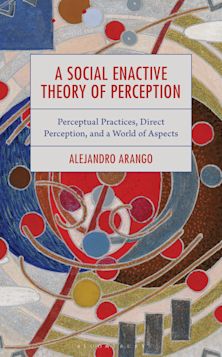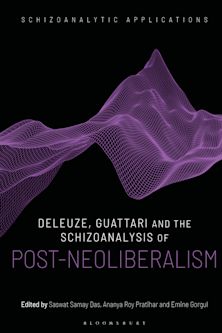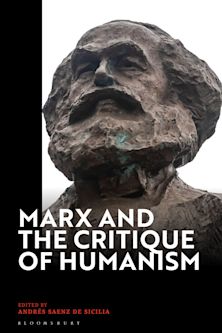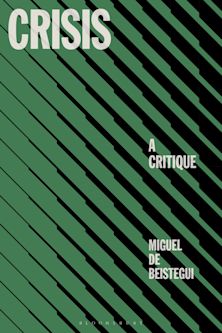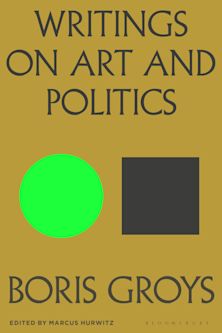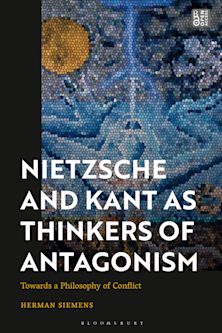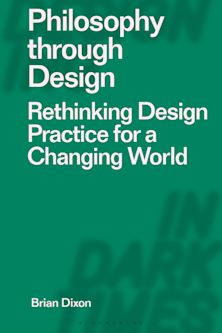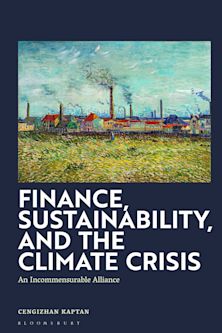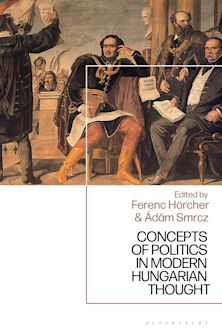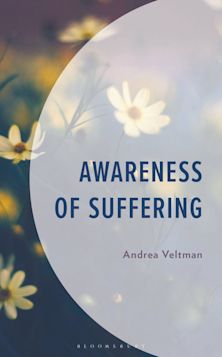- Home
- ACADEMIC
- Philosophy
- Social and Political Philosophy
- Economics, Philosophy and the Neglect of Labour
Economics, Philosophy and the Neglect of Labour
Economics, Philosophy and the Neglect of Labour
You must sign in to add this item to your wishlist. Please sign in or create an account
Description
Economics, Philosophy and the Neglect of Labour reasserts the significance of labour in economics and philosophy, both within and beyond the Marxist tradition. It explores how labour has been systematically neglected and misunderstood in Western thought – from its reductive treatment in biblical and classical texts, through its displacement during the scholastic period and the Enlightenment, to its marginalisation in modern political economy and law.
Tracing this long history of neglect, Geoffrey Kay and James Mott challenge the assumption that labour is merely instrumental – a view rooted in the British moralists and perpetuated by Adam Smith and his followers. In contrast, they draw on Aristotelian ideas of teleology, and their transformation in Hegel and Marx, to recover a purposive and creative tradition of labour. While Heidegger's ontology of Being, for example, excludes labour and creativity, Kay and Mott position labour as the vital site of creative activity. This not only challenges Heidegger's appropriation of techne but also affirms the enduring relevance of Aristotelianism in Marx's thought.
Revisiting the labour theory of value in light of technological transformation, financialisation and the expansion of consumption, Economics, Philosophy and the Neglect of Labour argues that labour remains central to understanding the dynamics and contradictions of the contemporary world.
Table of Contents
1. Creativity and Toil
2. The Mechanical Arts
3. Instrumental Labour
4. Purposive Labour
5. Philosophy and Labour
6. The Philosophical Negation of Labour
7. The Philosophical Affirmation of Labour: György Lukács
8. Labour and Capital
9. Beyond the Labour Theory of Value
Bibliography
Product details

| Published | Feb 05 2026 |
|---|---|
| Format | Ebook (Epub & Mobi) |
| Edition | 1st |
| Extent | 208 |
| ISBN | 9781350534759 |
| Imprint | Bloomsbury Academic |
| Illustrations | 10 bw illus |
| Publisher | Bloomsbury Publishing |
About the contributors
Reviews
-
This work presents a historical survey of the ways in which labour has been conceived by leading thinkers of the ages. The scholarship of Kay and Mott is very impressive, as they move surefootedly from the Old Testament to Karl Marx. With regard to the latter they present a challenging alternative to his labour theory of value.
Christopher J. Arthur, author of The Spectre of Capital: Idea and Reality (2022) and The New Dialectic and Marx's 'Capital' (2002), Formerly of University of Sussex, UK
-
Marxism needs a deep rethink of concepts of labour and value. Dramatic changes in technology and employment law are now transforming labour's link to work and its claims to value production. This book opens that project. Its encyclopaedic exploration of the conceptual history of labour enables Kay and Mott to construct a profound yet straightforward reframing of Marx's project. This analysis is a monumental achievement and a lifeline to the future of a Marxian theory of value.
Dick Bryan and Mike Rafferty, authors of Capitalism with Derivatives (2006)

ONLINE RESOURCES
Bloomsbury Collections
This book is available on Bloomsbury Collections where your library has access.









